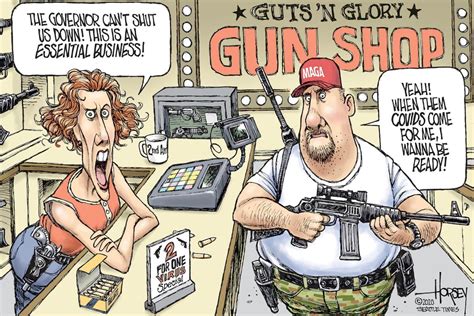Getting a Gun Charge Dismissed: Your Rights
Facing a gun charge can be terrifying. The potential consequences – hefty fines, lengthy prison sentences, and a criminal record that can impact employment and other aspects of your life – are significant. Understanding your rights and exploring all legal avenues to get a gun charge dismissed is crucial. This article will guide you through the process, outlining your rights and the potential strategies your attorney might employ.
What are the Common Types of Gun Charges?
Before we delve into dismissal strategies, it's essential to understand the various types of gun charges you might face. These can range from relatively minor offenses to serious felonies, depending on the specifics of the situation. Common charges include:
- Unlawful Possession of a Firearm: This often involves possessing a firearm without a license or permit, or possessing a type of firearm prohibited by law.
- Carrying a Concealed Weapon: This charge arises from carrying a firearm hidden from view, without the proper permits.
- Brandishing a Firearm: This involves displaying a firearm in a threatening manner, even without firing it.
- Assault with a Deadly Weapon: This serious charge involves using a firearm to threaten or injure someone.
- Illegal Sale or Transfer of a Firearm: This concerns the unlawful sale or transfer of firearms, often involving unlicensed dealers or prohibited transactions.
H2: Can a Gun Charge Be Dismissed?
Yes, a gun charge can be dismissed. However, the likelihood of dismissal depends on various factors, including the strength of the prosecution's case, the evidence available, and the specific circumstances surrounding the arrest. An experienced criminal defense attorney will meticulously examine these factors to determine the best course of action.
H2: What are My Rights if I'm Facing a Gun Charge?
Understanding your rights is paramount. These include:
- The Right to Remain Silent: You have the absolute right to refuse to answer any questions from law enforcement without first speaking to an attorney. Anything you say can and will be used against you in court.
- The Right to an Attorney: You have the right to legal representation. If you cannot afford an attorney, the court will appoint one for you.
- The Right to Due Process: This means the government must follow established legal procedures before depriving you of your liberty or property.
- The Right to a Fair Trial: You have the right to be presumed innocent until proven guilty beyond a reasonable doubt.
H2: How Can a Gun Charge Be Dismissed?
Several strategies can lead to a gun charge dismissal. These are often employed by skilled criminal defense lawyers:
- Challenging the Evidence: A lawyer might argue that the evidence presented by the prosecution is insufficient, unreliable, or illegally obtained (e.g., through an illegal search and seizure).
- Negotiating a Plea Bargain: In some cases, a plea bargain might be negotiated where the charges are reduced or dismissed in exchange for a guilty plea to a lesser offense.
- Demonstrating Lack of Intent: For some offenses, proving a lack of criminal intent (mens rea) can be crucial for dismissal. This requires demonstrating that the defendant didn't intend to commit the crime.
- Filing Motions to Dismiss: Various motions can be filed to challenge the legal basis of the charge, such as motions to suppress evidence or motions to dismiss due to prosecutorial misconduct.
H2: What if I have a Prior Gun Charge?
A prior gun charge significantly complicates matters and generally makes dismissal less likely. However, a skilled attorney will still explore all possible avenues, focusing on the specifics of the current case and potentially arguing for leniency based on mitigating circumstances.
H2: What Role Does My Attorney Play?
Your attorney is your advocate and will act as your primary liaison with the prosecution and the court. They will investigate the case thoroughly, build a defense strategy, negotiate with the prosecution, and represent you in court. Choosing a seasoned criminal defense attorney with experience handling gun charges is crucial.
H2: What Happens After the Dismissal?
Once a gun charge is dismissed, it is typically removed from your record. However, it's always wise to consult with your attorney to fully understand the implications and the potential for future legal ramifications.
Disclaimer: This information is for educational purposes only and is not legal advice. If you are facing a gun charge, you must consult with a qualified criminal defense attorney immediately. They can provide tailored guidance based on the specifics of your situation and the laws in your jurisdiction.

